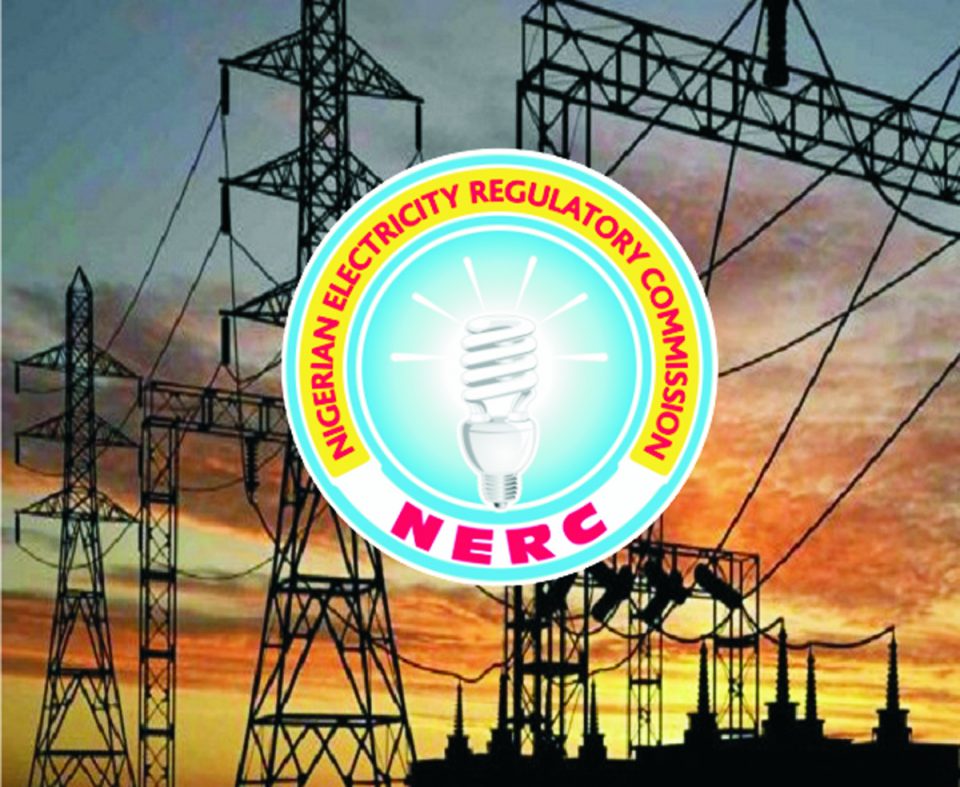The Nigerian Electricity Regulatory Commission, NERC, yesterday, reported that of the combined invoices of N882.73 billion for energy and administrative services issued by Nigerian Bulk Electricity Trading Plc, NBET, and Market Operator, MO, only a total of N370.34 billion was settled as and when due by electricity distribution companies, DisCos, creating a total deficit of N512.39 billion (including tariff shortfall) in 2020.
The commission, in its Annual Reports and Accounts published on its website, said a comparative analysis of market invoice and remittance performance by DisCos in 2020 represented an average settlement rate per DisCo of 41.95 percent of the invoice.
This represented significant progress (+6.08 percentage points) when compared to the average settlement rate of 35.87 percent recorded in 2019. Ikeja and Yola DisCos had the highest and lowest settlement rates of 54.03 percent and 16.83 percent respectively in 2020.
The report also stated that in 2020, the international customers (i.e., Societe Nigerienne d’electricite – NIGELEC; Societe Beninoise d’Energie Electrique, SBEE, and Compagnie Energie Electrique du Togo) received a total invoice of N16.31 billion (US$53.22 million) from MO and made a total payment of N10.45 billion (USD34.09 million) for the current and unpaid invoices for the services received from MO.
In contrast, no payment was made by the special customers (Ajaokuta Steel Co. Ltd and the host community) in respect of the N0.93 billion and N0.15 billion energy invoices and service charges received from NBET and MO respectively in 2020, the report added.
On its operations, NERC reported that its income for the year was N14.24 billion while its total expenditure was N11.10 billion.
From its surplus of N4.11 billion, the commission said N3.82 billion was payable to the Rural Electrification Fund.
Commenting on the report, the Chairman/CEO of NERC, Sanusi Garba noted that the power sector recorded many strides in 2020 despite the several challenges in the industry.
He said: “The collection efficiency of the electricity distribution companies has continued to be low, consequently, creating a significant liquidity challenge in the electricity market.
“Other key challenges of the industry include infrastructural deficits at the distribution and the transmission segment of the value chain consequently constraining the optimal deployment of available generation capacity to the national grid.”
“With the resolution of a litigation instituted in 2015 against the commission constraining tariff reviews, the commission undertook the first review of end-user tariffs based on the Multi-Year Tariff Order, MYTO methodology.
“The tariff order issued further ushered in a revised rate design and the transition to the Service Based Tariff, SBT. We are pleased to note that the initiative improved market revenues by about N20 billion per month thereby improving the financial liquidity of the market and reducing the reliance of the NESI on fiscal support.
“The SBT regime was designed to not only align rates paid by consumers with quality of service but also to provide an opportunity for segmented investments in load clusters with a view to migrating customers to higher quality of service”.




